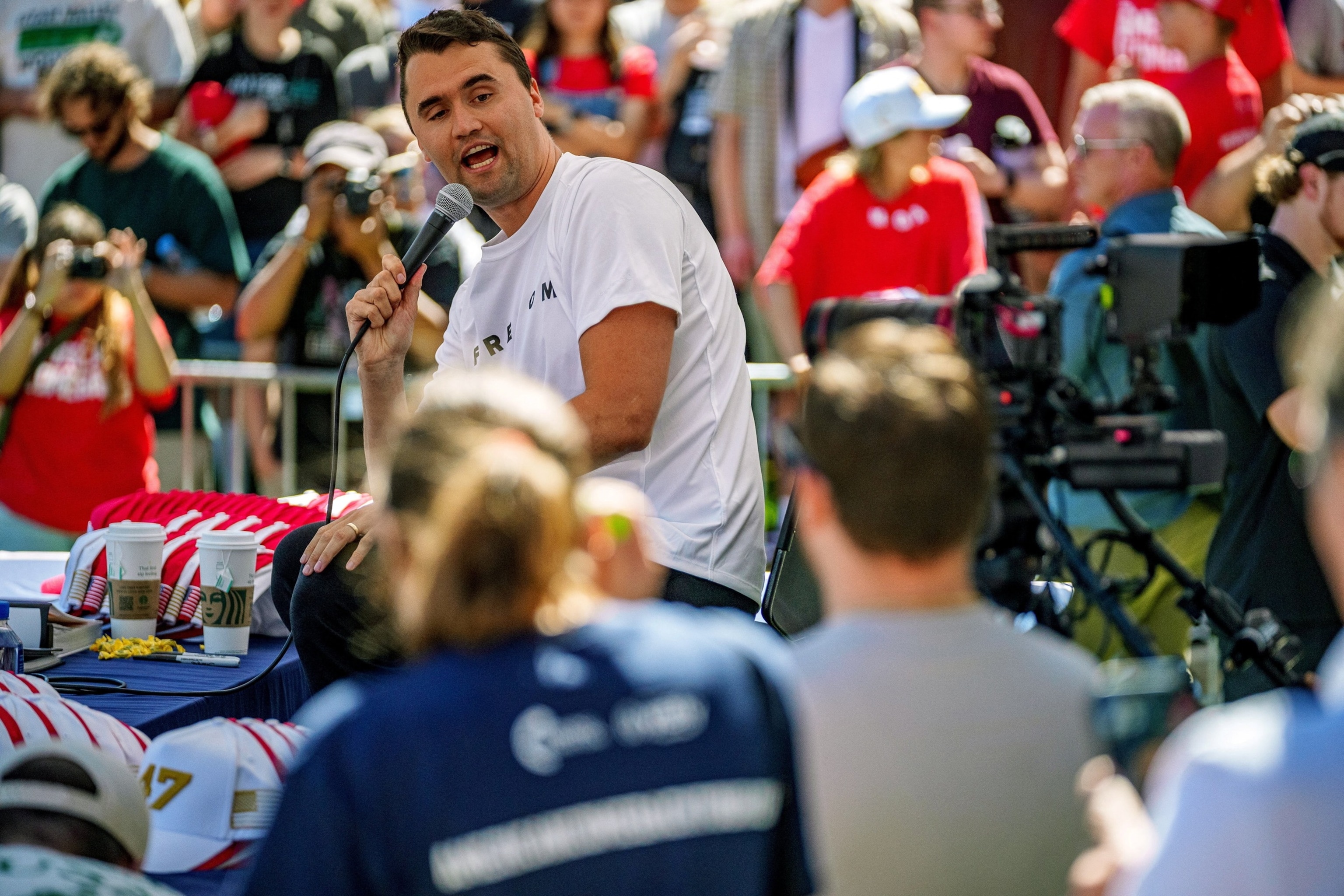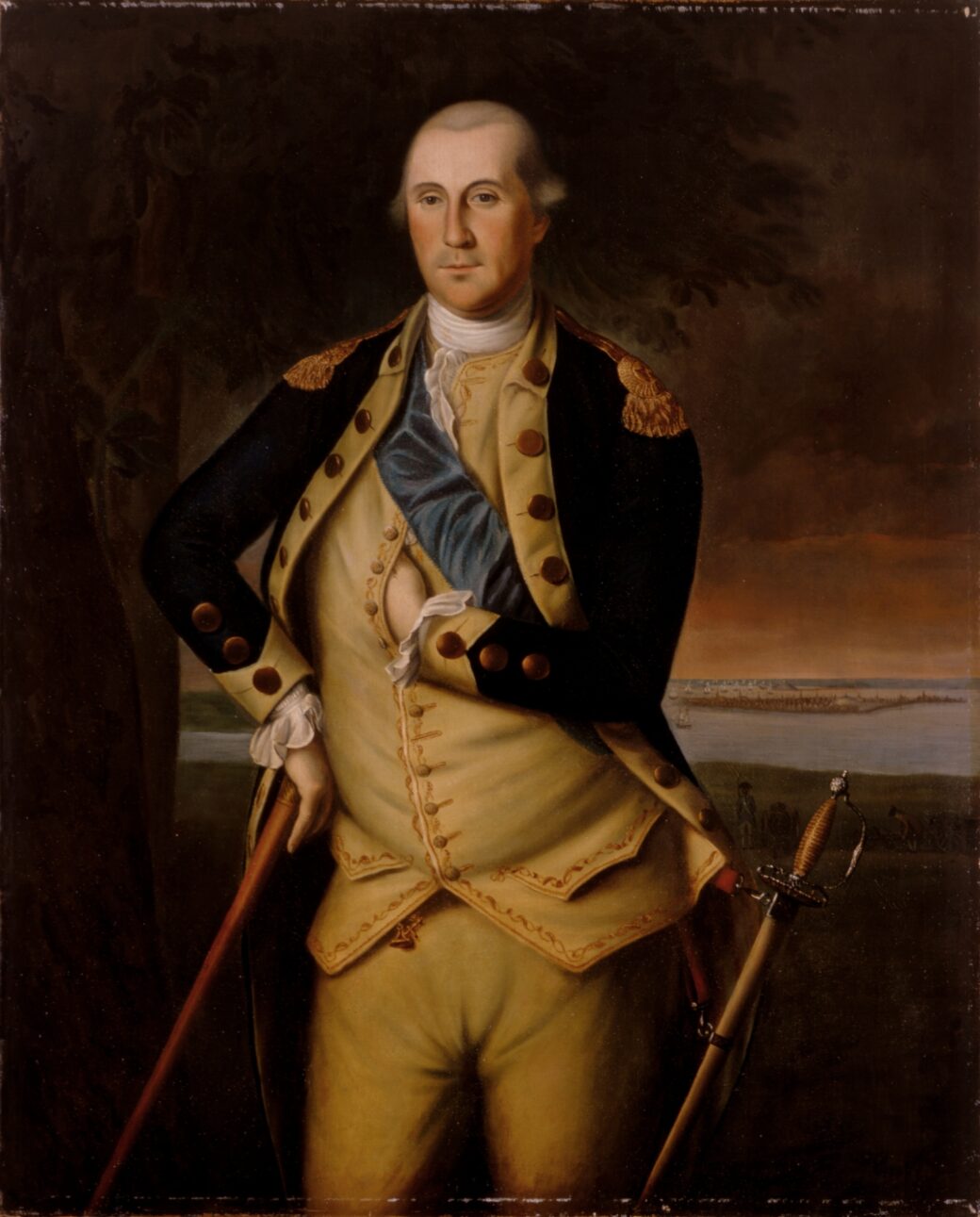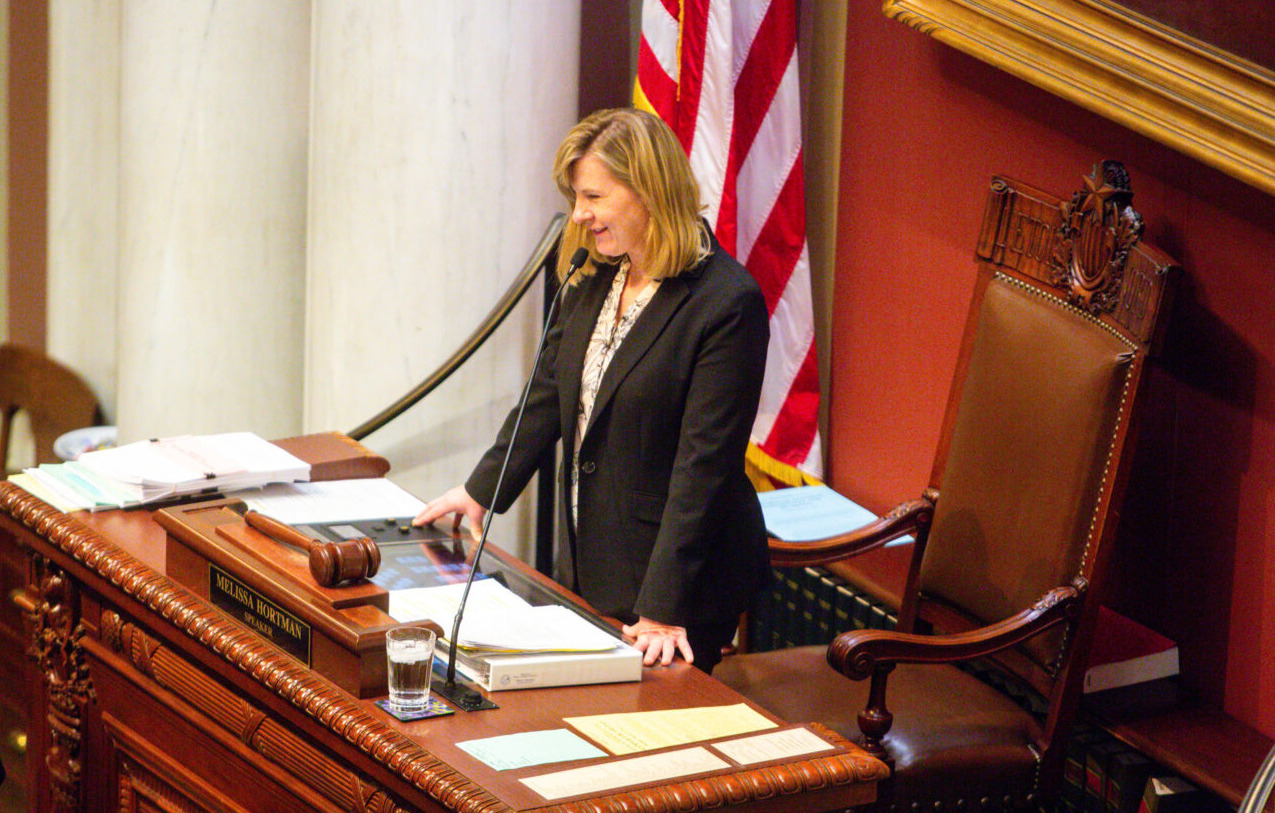Yesterday in Utah, Charlie Kirk began to answer a question on gun violence when he was silenced by it. A single round cut short a public debate and turned it into a political assassination.

As a scholar of George Washington, I often turn to him in moments like this, not in hopes of finding a prediction or some “if he were alive today” claim, but because his actions model his lessons.
Avoiding political violence was one of Washington’s highest priorities from the very beginning of the American Revolution. In July 1775, he assured Congress he would “strictly observe the Rules and Discipline of War,” even as the British refused. He forbade plundering and insisted on discipline while British troops and the Hessians, their mercenaries, burned homes and seized food, among other atrocities. He wanted civilians to feel protected and foreign powers to see America as a stable, lawful nation.
That was no inevitability. It was a decision — and counterexamples were soon visible elsewhere. Other revolutions chose vengeance. The French revolutionaries also promised liberty, but theirs came with guillotines.

In December 1783, when the war ended, Washington taught another lesson. He had the army, he had fame, and he could have held on to power. Instead, dressed in a plain brown suit, he submitted his authority to that of Congress. His hands shook, his voice broke, and when he finished reading his statement, he gave it all away.
In 1796, at the end of his second term, Washington extended this lesson. Political violence, he warned, does not start with mobs or bayonets. It begins with citizens who come to see those with different views as enemies — encouraged by parties who mistake retribution as rule. In his “Farewell Address,” Washington warned, “The alternate domination of one faction over another, sharpened by the spirit of revenge, natural to party dissension, is itself a frightful despotism.”
Charlie Kirk’s assassination, like the murder of Minnesota House Speaker Emerita Melissa Hortman and her husband Mark earlier this year, shows how fragile that inheritance is. Kirk was a 31-year-old father and conservative media star, killed not for a crime but presumably for his politics. His death reveals a nation where two visions are locked in struggle, each convinced only one can survive. Already, Americans speak casually of “civil war,” march in armed rallies, and wink at political violence as if it were just another tactic. Washington obsessed over guarding against that very temptation.

Political violence is not a tactic; it is a toxin. Troops in the streets don’t protect us from it, either; they suggest — falsely — that our cities have already fallen and only extreme measures can restore order. The true danger is complacency: assassinations and the partisan attacks that encourage them make violence seem like an acceptable part of civic life. And that’s what will kill the republic.
Alexis Coe, a presidential historian, writes the Substack Study Marry Kill. She is a history columnist for The New York Times Book Review, a senior fellow at New America, and the bestselling author, most recently, of You Never Forget Your First: A Biography of George Washington.